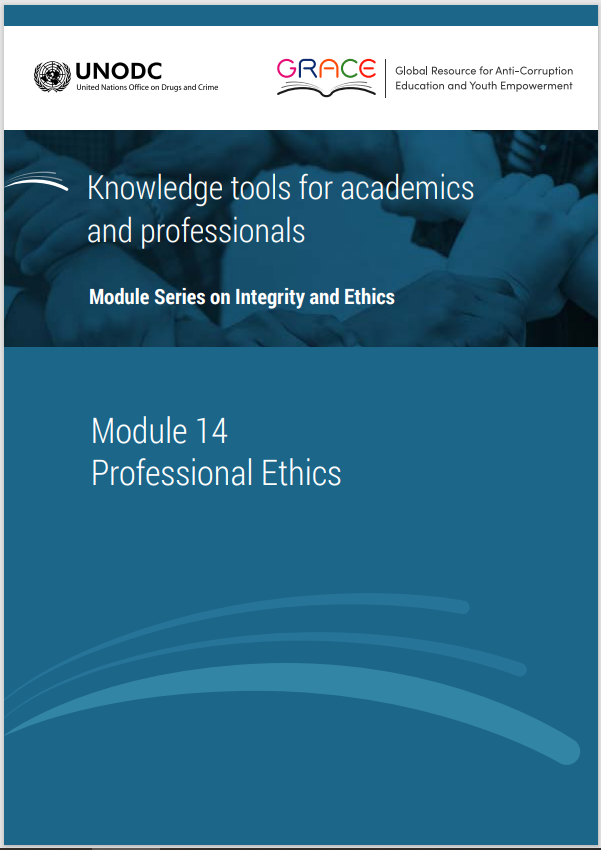This module is a resource for lecturers
Core reading
This section provides a list of (mostly) open access materials that the lecturer could ask the students to read before taking a class based on this Module.
- BBC Ethics Guide. Lying . » See the following excerpts: "Consequentialists (utilitarians) and lies", "Deontologists", "Philosophers on lying: Immanuel Kant", and "Lying and medical ethics". These readings define lying, review approaches for deciding when lying might be acceptable, review lying in the context of medical ethics, and provide helpful references to other relevant readings.
- Britz, Johannes (2013). Understanding Information Ethics. Information Ethics in Africa: Cross-Cutting Themes . African Centre of Excellence for Information Ethics. » Basic definitions of professional ethics can be found on page 2.
- Illinois Institute of Technology, Center for the Study of Ethics in the Professions (2003). Language of professional ethics . » Basic definitions of professional ethics.
- Illinois Institute of Technology, Center for the Study of Ethics in the Professions (2008). Professional ethics . » Basic definitions of professional ethics.
- Luban, David (2007). Professional ethics. A Companion to Applied Ethics. R.G. Frey and Christopher Heath Wellman, eds. Malden, MA: Wiley-Blackwell. » See especially pp. 585-595. This reading defines role morality, explains why it raises such difficult ethical questions, and suggests a method of resolving issues of role morality.
- Markkula Center for Applied Ethics (2017). Make your code of ethics matter . » This reading introduces the concept of codes and ethics, the basic distinction between aspirational and disciplinary codes (here called "prohibitive" codes), and provides a list of questions students can use to analyse sample codes.
- Lichtenberg, Judith (1996). What are codes of ethics for? Codes of Ethics and the Professions. Margaret Coady and Sidney Bloch, eds. Victoria: Melbourne University Press. » The book is a classic treatment of codes of ethics. The excerpt reviews reasons for and against having codes of ethics, explains the difference between aspirational and disciplinary codes in more detail, and considers whether codes which are merely aspirational are worthwhile.
 Next page
Next page
 Back to top
Back to top
